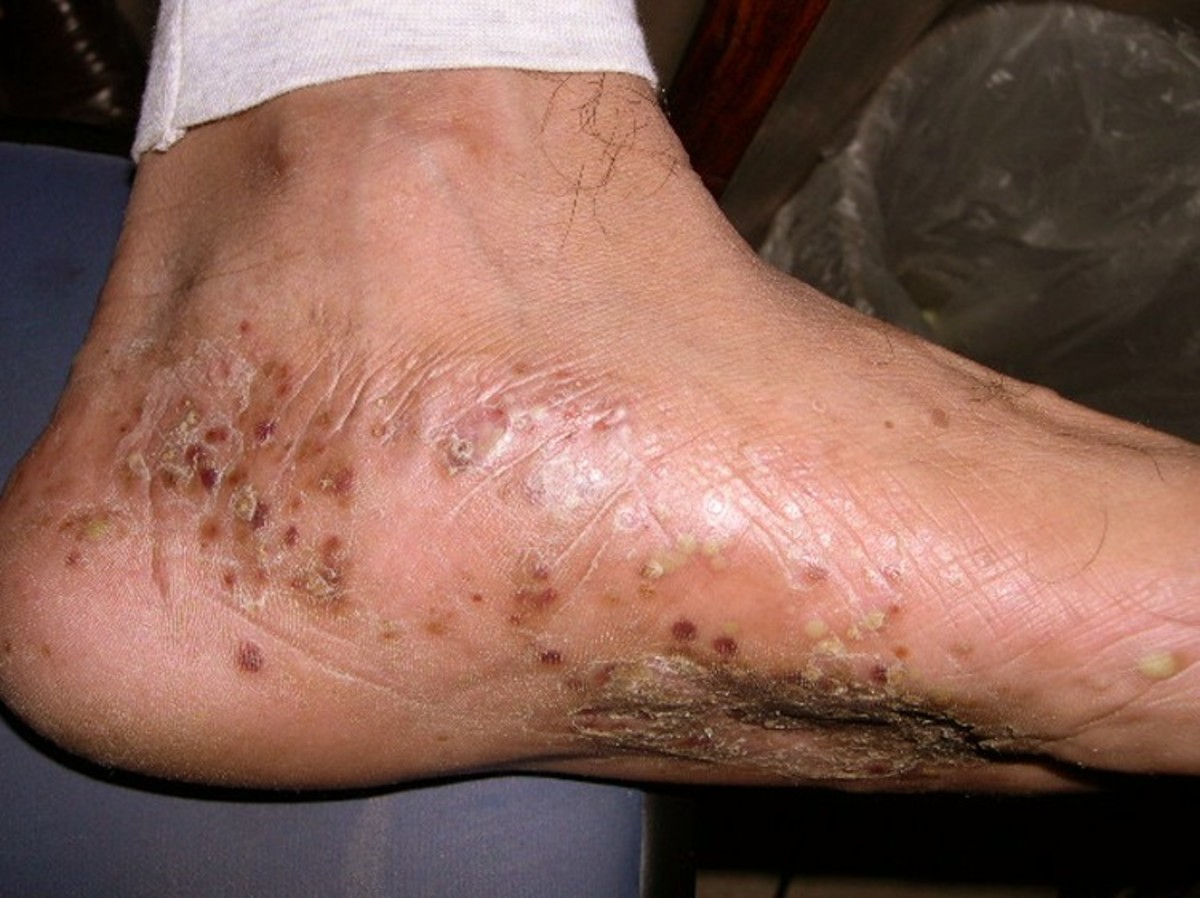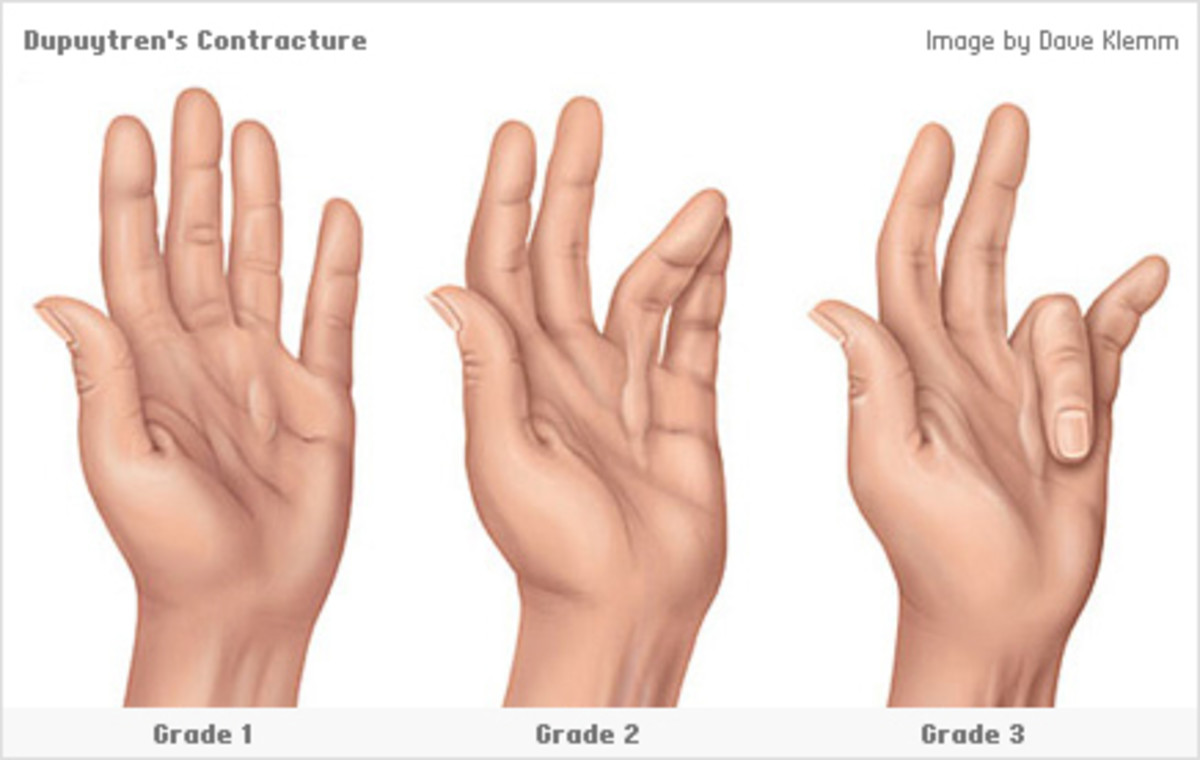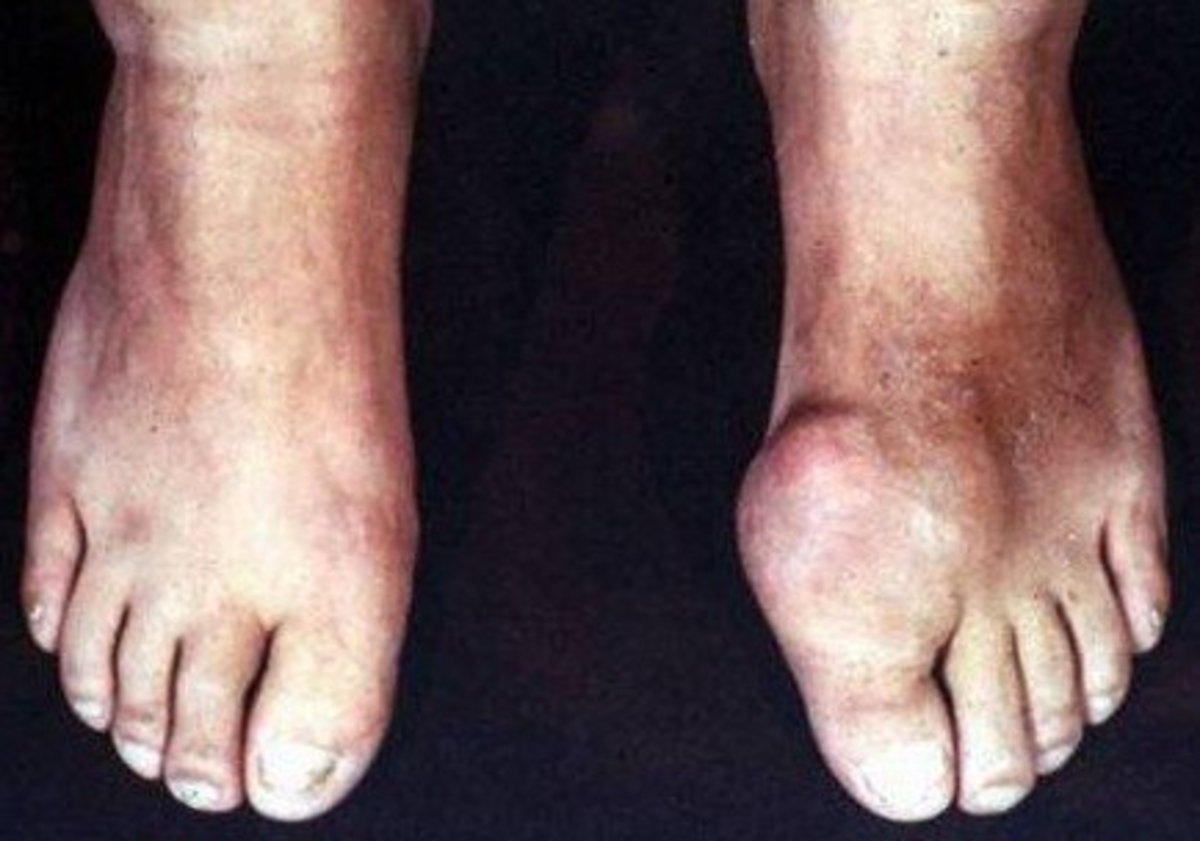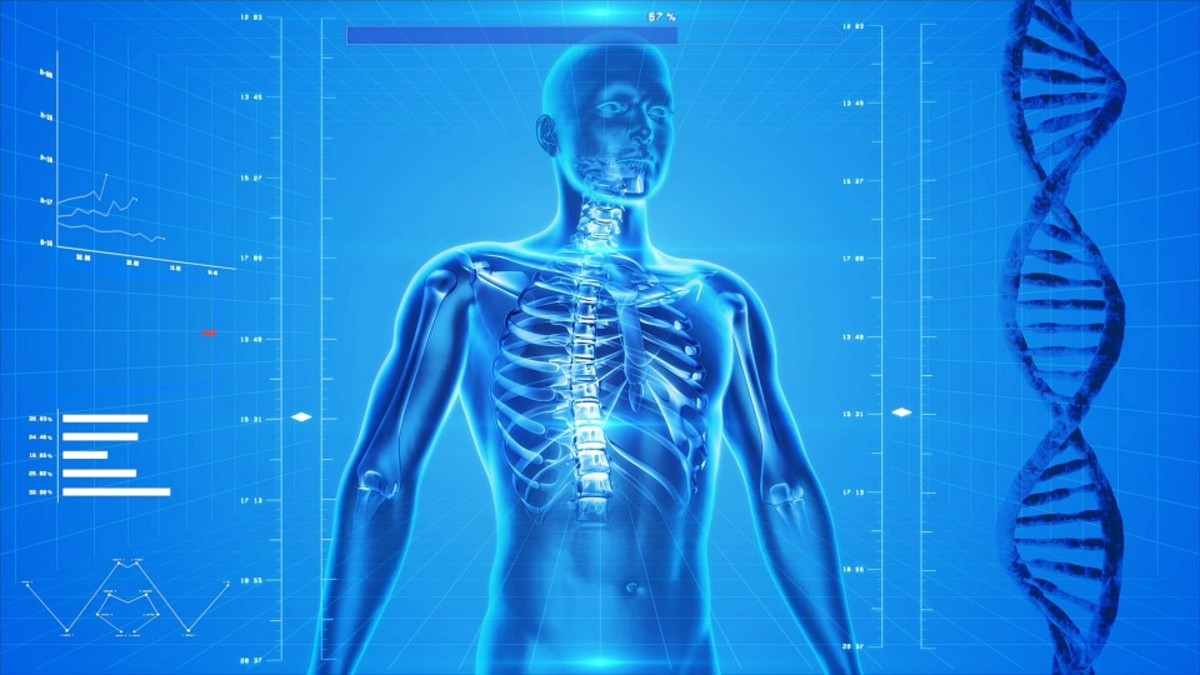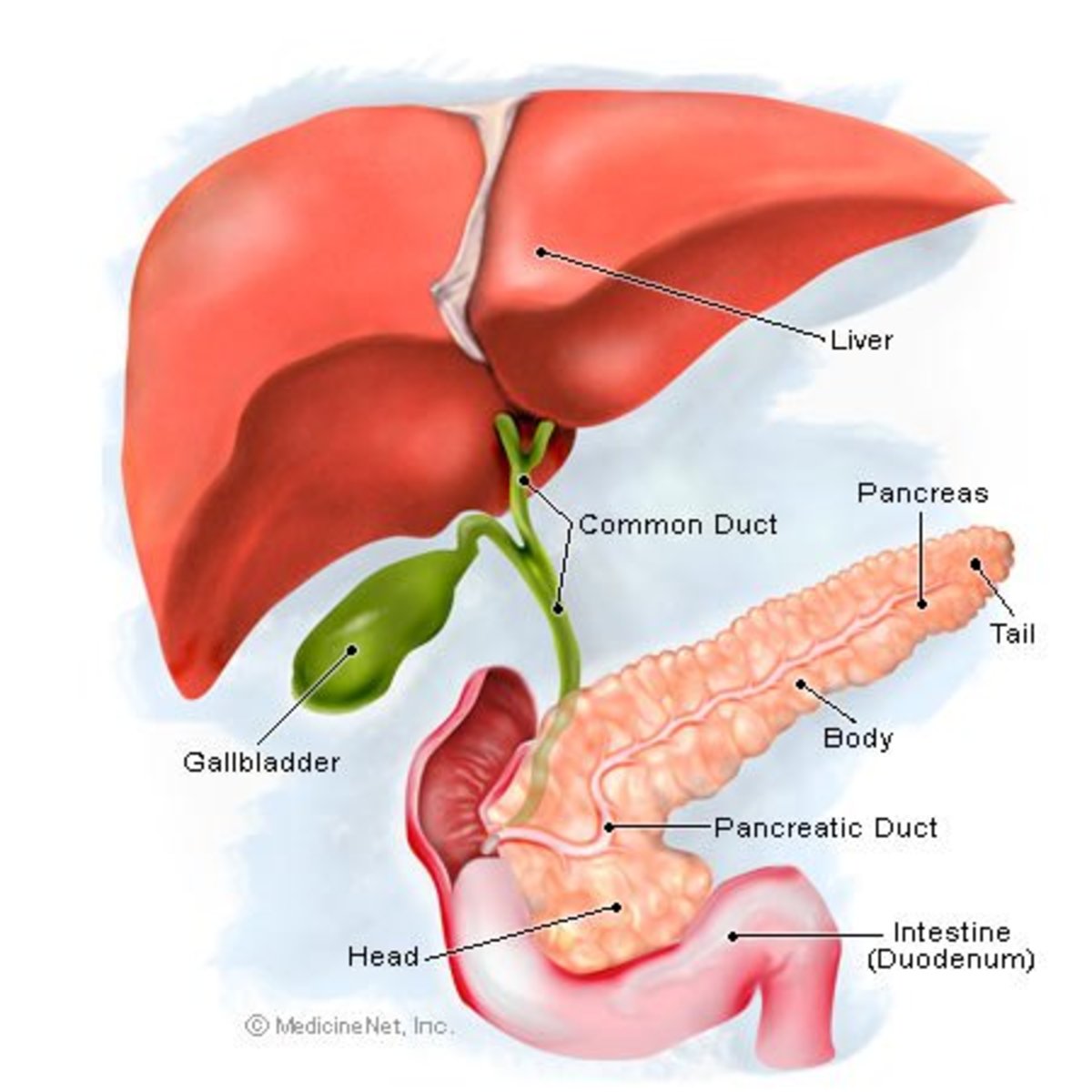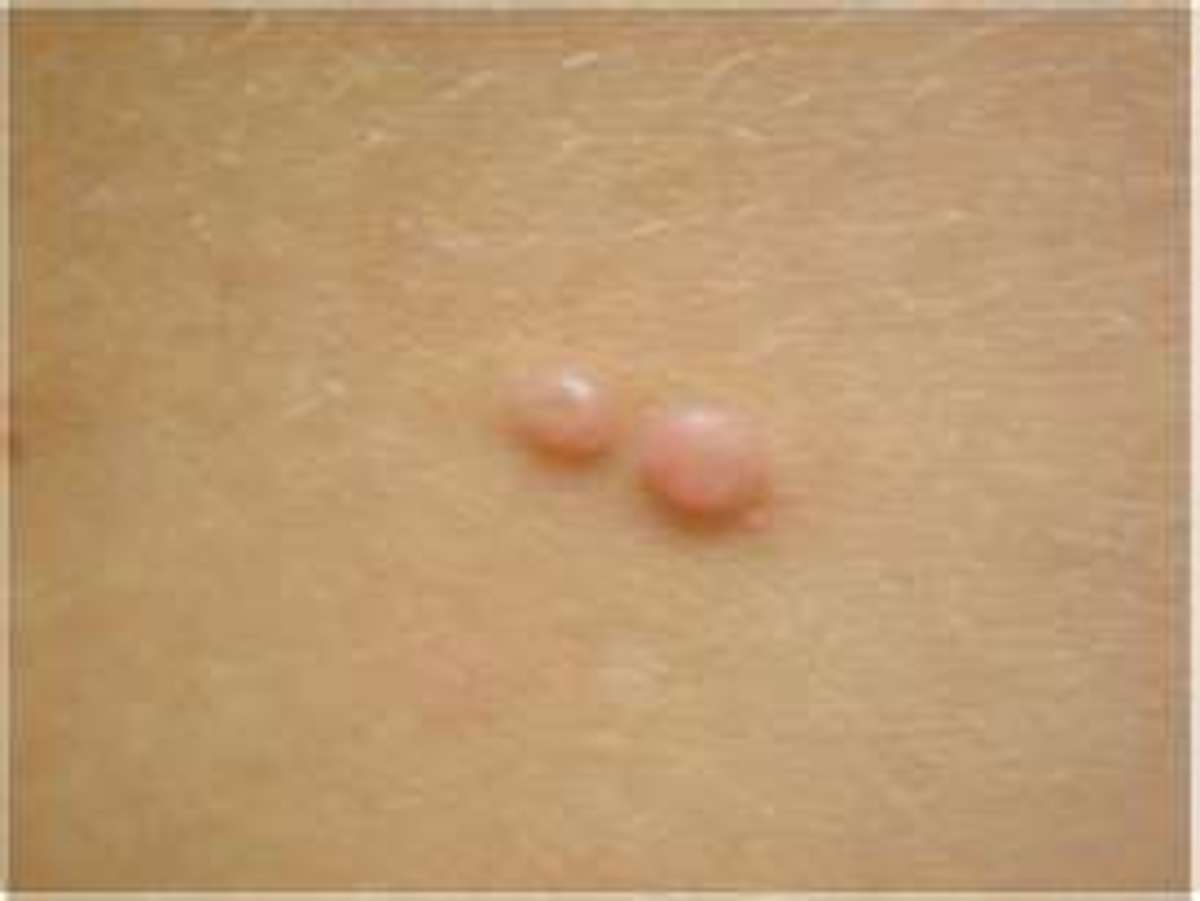What are the Symptoms of Gout?
This is a disorder of the chemistry of the body characterized by an excess of uric acid salts in the blood and manifesting itself typically in attacks of joint inflammation associated with the deposition therein of sodium biurate crystals and also in morbid changes in the kidneys, heart, and blood-vessels.
The exact cause of gout remains unknown.
The salient feature is the inheritance of a predisposition-an inborn defect in the building up and breaking down of proteins. Males suffer more markedly than females, and the onset is commonest between the ages of thirty-five and fifty; it is rare before thirty.
Gout bears a close relationship to excessive indulgence in alcohol, especially the stronger wines and malted liquors; spirituous liquors appear less liable to evoke the disease. A sedentary life and habitual over-indulgence in rich animal foods are contributory factors of considerable importance.

Symptoms of Gout
In a first attack, premonitory symptoms are unusual, but in subsequent attacks warning is given by certain disorders of the digestive, excretory, and nervous systems. The appetite is poor and capricious; there may be attacks of flatulence, and pain is often experienced in the liver region. Irritation may be present in the urinary organs. A feeling of numbness and coldness may occur in the limbs. There is a feeling of being " out of sorts " which may amount to extreme mental irritability. These symptoms may persist for several days and may undergo amelioration before the actual paroxysm.
The acute attack commences usually early in the morning (2 to 3 a.m.) with intense pain and swelling of the metatarso-phalangeal joint of the big toe (more rarely some other joint- ankle, thumb) . With the onset there may be shivering and feverishness. The joint is swollen, red, shiny, tender, and throbbing; the veins in the vicinity are distended.
As a rule the pain subsides in a few hours, but returns on succeeding nights in greater or less degree, for about a week or ten days, when the attack terminates. During this period the patient suffers from acute dyspepsia, constipation, cramps in the limbs, restlessness and irritability. After the attack the patient feels unusually well and imagines he is better than he has been for a long time.
Although effective treatment may ward off a second attack, after an interval, which may last a year or longer, recurrent attacks arise and tend to become gradually more frequent. In the earlier recurrences the original joint is generally affected, but in the later ones other joints become implicated until in severe cases scarcely any articulation escapes. In this chronic condition the affected joints become deformed and chalk-stones or "tophi" form masses round them. These deposits, consisting of sodium biurate, gradually become hard and dense, and may become exposed by ulceration of the overlying skin.
Deposits may be formed also in ligaments, tendons, scierotic membrane of the eyes, and, quite commonly, in the cartilages of the external ear.
In chronic gout some degree of chronic nephritis is invariable; uremia may arise. Myocarditis, and arteriosclerosis-evidence of degenerative changes in the heart and blood-vessels, sooner or later manifest themselves.
Chronic bronchitis is of frequent occurrence and may lead to emphysema.
Asthmatic attacks may arise. Dyspepsia and constipation are prevalent. Involvement of the eyes may arise in the form of conjunctivitis, iritis, retinitis, and glaucoma. The formation of uric acid, stones and gravel is not infrequent.
These complications of chronic gout may also occur as manifestations of irregular or suppressed gout and may arise in members of gouty families without the occurrence of the typical acute gouty paroxysms.
Treatment of Gout
In the treatment of an acute attack, a lead and opium fomentation should be applied to the affected joint, which should then be enwrapped in cotton-wool. The limb should be elevated and kept absolutely at rest. Diet should consist mainly of milk and custards. Meat extracts and alcohol are to be strictly avoided. The patient should be encouraged to drink alkaline mineral waters freely. Your doctor can prescribe drugs that eases the pain and shortens the attack.
In the treatment of chronic gout special attention must be directed to the diet. There should be a general reduction of the quantity and all "rich" foods absolutely excluded. Consumption of alcohol, especially wines, ales, and beers, should be reduced to a minimum and is best avoided entirely. The personal hygiene must be maintained at its highest level. Regularity of the bowels should be ensured. Moderate but regular exercise is beneficial, more especially in those who live sedentary lives.
Freedom from worries and overwork, physical and mental, must be aimed at. The clothing should be warm, not excessive, but likely to prevent chill. A vigorous climate is, if possible, to be avoided.
Alkaline mineral waters have a reputation in the treatment of chronic gout, and unquestionably are of considerable value. Massage is useful where the joints are affected. A course of spa treatment is of special benefit in chronic gout.
This content is accurate and true to the best of the author’s knowledge and is not meant to substitute for formal and individualized advice from a qualified professional.
© 2012 Longtail

